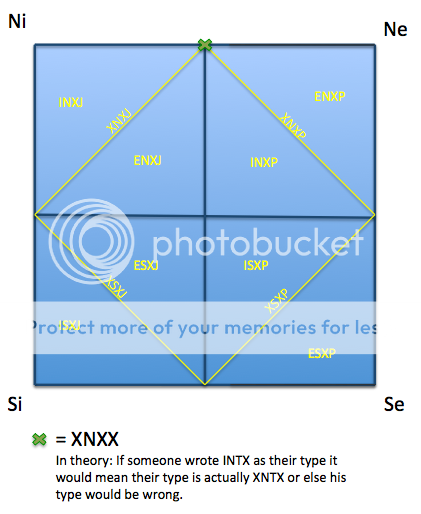In 7th grade I took the mbti and was ISTP, along with only two other kids in my grade (70+ kids), one had severe learning diasbilities and talked extremely slow, the other always took everything apart and was good at drawing, i wasn't like them at all.
Then in 12th grade I took the test again and got the same thing ISTP. I was still playing sports but started to get into music. Got a guitar and learned how to play.
Now: just a week ago i had to take some intelligence testing and mental health tests and stuff and when my results came back i was INTP.
I don't know what to think now. I was always an active child who excelled in school. Now my room is filled with books on psycholody and social influence and ways to get rich and self improvement books. I still play golf but no other sports. I can make up stories easily and enjoy humor.
Any ideas?
Then in 12th grade I took the test again and got the same thing ISTP. I was still playing sports but started to get into music. Got a guitar and learned how to play.
Now: just a week ago i had to take some intelligence testing and mental health tests and stuff and when my results came back i was INTP.
I don't know what to think now. I was always an active child who excelled in school. Now my room is filled with books on psycholody and social influence and ways to get rich and self improvement books. I still play golf but no other sports. I can make up stories easily and enjoy humor.
Any ideas?
Last edited:



 I really don't get it...
I really don't get it...